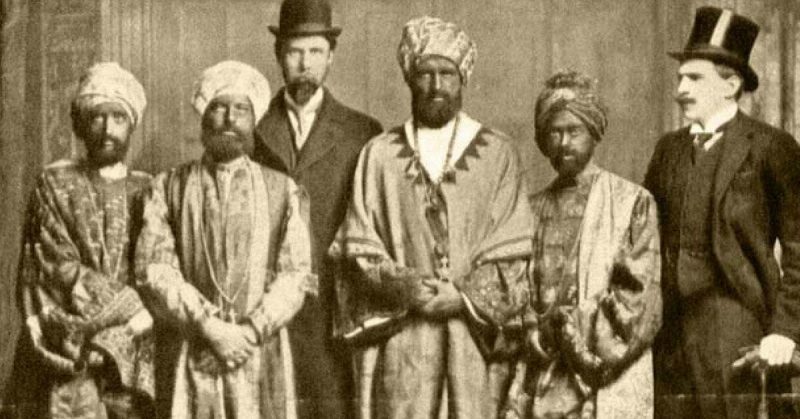During the height of British naval dominance, an interesting event took place on board the ship that was to represent all the might of the Edwardian period.
During the first years of the 20th century, HMS Dreadnought was the game changer in naval warfare. This battleship precipitated the arms race between old and new superpowers, who would all participate in future world conflicts. The USA, Germany, and Japan all rushed to create their own versions of the ship and so hop on the one-way wagon towards total war.
Four years before the First World War, in 1910, HMS Dreadnought, its crew, and Admiralty officials became involved in a practical joke that severely damaged the reputation of both the British Navy and the almighty destroyer. The joke was orchestrated by a famous British eccentric and prankster, Horace de Vere Cole, who was well known for his wit and habit of ridiculing authority figures.
Cole was already responsible for a series of practical jokes, some of which received media coverage. One of his most famous stunts, executed with his faithful accomplice, Adrian Stephen, was when Cole posed as a Sultan of Zanzibar in an official visit to Cambridge University.
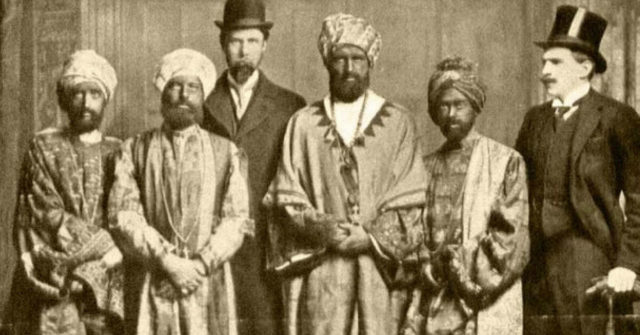
Both Cole and Stephen were students of the renowned institution, but their teachers failed to recognize them due to the complexity of their masks. The event took place during the real Sultan’s visit to London, which enabled the pranksters to convince university staff they were African royalty on an official tour of Cambridge.
Cole passed the story to the newspapers which made him famous. With this reputation, Cole wanted to create something even more provocative and controversial.
Adrian Stephen’s sister, Virginia would later become Virginia Woolf, one of the most prominent writers of her generation. The siblings were closely associated with the Bloomsbury group ― a loose collective of intellectuals who pursued – among other things – the ideas of pacifism. Among the Bloomsbury group were the soon to be fellow hoaxers, painter Duncan Grant, socialite Guy Ridley, and writer Anthony Buxton.
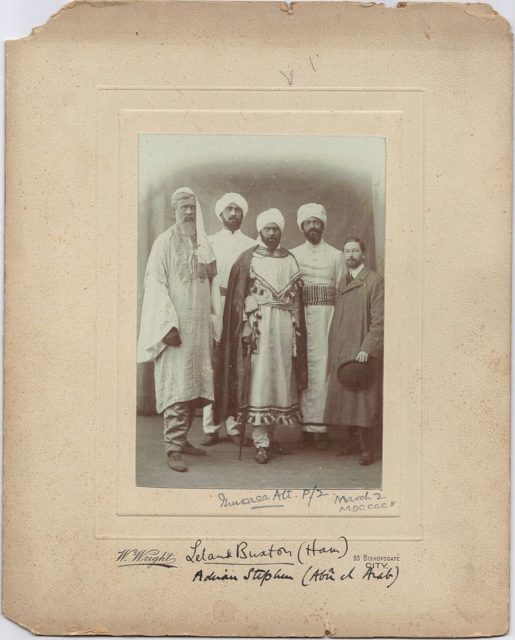
Horace De Vere Cole also approved ideas of pacifism, but his primary motive was always to have a good laugh. In the company of his reliable partner Adrian; Virginia; Grant; Ridley; and Buxton, Cole decided to answer a call he had received from a naval officer on board HMS Hawke.
The rivalry between the officers from the Dreadnought and the Hawke was often expressed through good-humored jokes, scams, and challenges. When the anonymous officer asked the king of pranks for help, the situation rose above petty officer quarrels and almost caused an international scandal.
A quote from Virginia Woolf gives an idea of the general mood within the British Navy pre-WWI:
“In those days the young officers had a gay time. They were always up to some lark, and one of their chief occupations it seemed was to play jokes on each other. There were a great many rivalries and intrigues in the Navy. The officers like scoring off each other. And the officers of the Hawke and the Dreadnought had a feud. … And Cole’s friend who was on the Hawke had come to Cole, and said to him, You’re a great hand at hoaxing people; couldn’t you do something to pull the leg of the Dreadnought?”
The prince of hoax decided to develop his Sultan of Zanzibar trick. He rallied his comrades-in-joke. Professional theater makeup artist Willy Clarkson turned the rag-tag team into a delegation of Abyssinian (now Ethiopian) royalty. Permission was requested to obtain a tour of the greatest ship on the planet.
A particularly convenient fact was that the cousin of Adrian and Virginia was Commander Willie Fisher of the Admiral staff, on board HMS Dreadnought at the time. They had inside information, although the Commander knew nothing about the hoax.
The results of make-up and disguise were incredible. The men looked very convincing, and young Virginia had a fake beard and layers of thick makeup that darkened her skin, so she appeared Abyssinian. They were all dressed in traditional Ethiopian robes and turbans to add to their image.
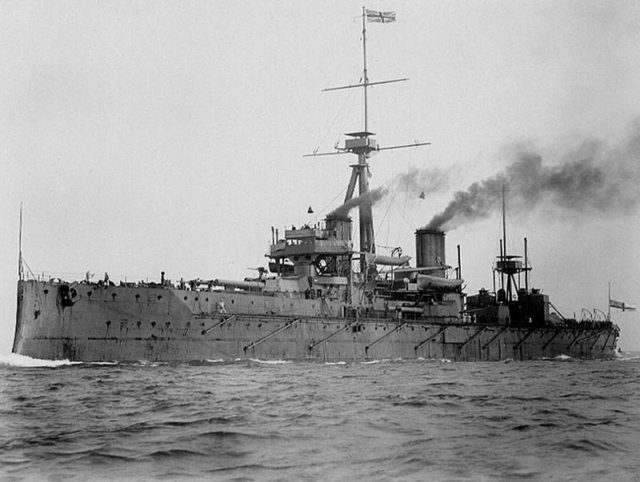
On February 7, 1910, Cole organized sending a telegram to the Dreadnought which was based at Portland Harbour, Dorset. The message dictated the ship immediately prepare for an official visit from the Abyssinian delegation made up of princes and other royalty. Cole also went to Paddington Station, London and presented himself as a certain Herbert Cholmondeley of the Foreign Office, and demanded a special train for the delegation.
The Navy officials welcomed the pranksters in Weymouth and then took them to inspect the ship. Although Willy Fisher was among the welcoming committee, he failed to recognize his cousins.
The group admired the large guns of HMS Dreadnought, shouting “Bunga Bunga” in awe. The word was jibberish, as was everything else they said during the visit. Adrian interpreted their wishes, as he was once again in the role of translator.
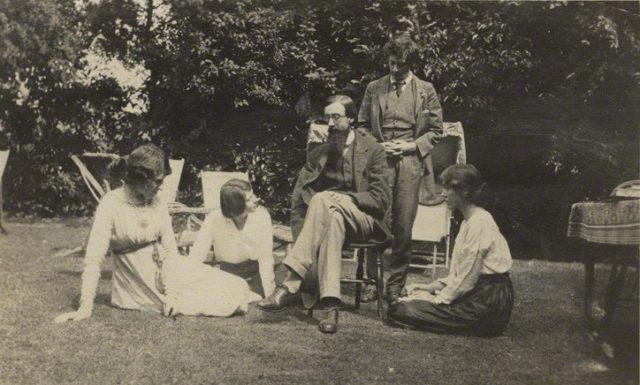
The delegation demanded praying mats and tried to bestow military honors on some of the officers on board. They thoroughly ridiculed them and presented an exotic vision of Africa. The language they spoke was a mixture of Greek and Latin, but nobody seemed to notice. The welcoming committee was so unprepared they did not have the proper flag. Instead, they used the flag of Zanzibar, and the orchestra played the Zanzibar national anthem. The delegation did not seem to mind.
Everything was going smoothly until the prince was invited for lunch on board. Cole knew his make-up could not withstand eating, and there was a risk of being exposed. Adrian managed to “translate” that due to religious reasons, the Abyssinian prince and his entourage must refuse to dine on board HMS Dreadnought.
It took weeks for the prank to be uncovered, but once it did, Horace de Vere Cole confirmed it with a photograph. Shortly after, the Navy became the subject of ridicule. They demanded Cole be arrested, but there were no grounds for doing so, as Cole and his accomplices did not break any law.
Five years later, in 1915, HMS Dreadnought rammed and sank a German U-Boat. Among the telegrams of congratulations was one that read “BUNGA BUNGA.”
